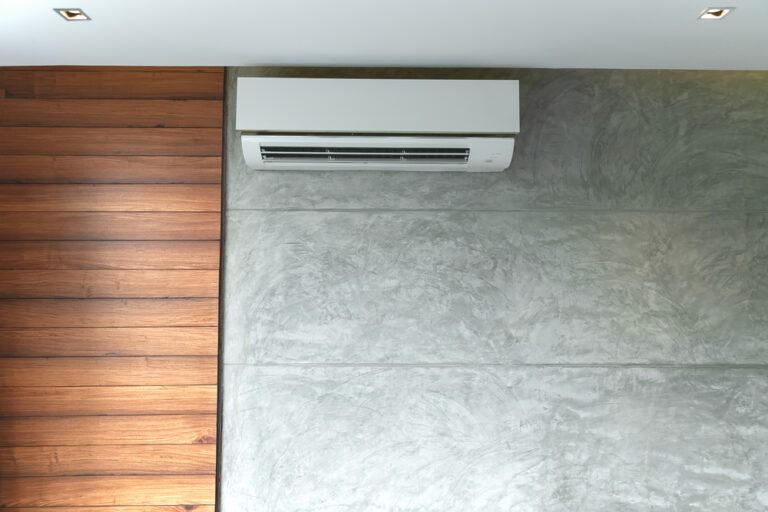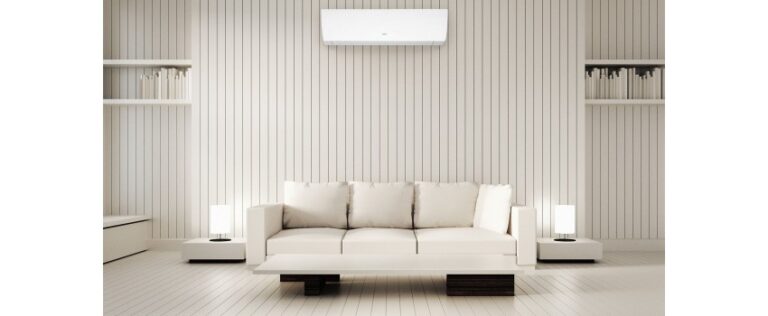An HVAC design engineer is responsible for managing the heating, ventilating, and air conditioning (HVAC) systems in buildings. These professionals may be involved in the installation of HVAC components as part of the construction process.
Additionally, they may work on the maintenance, repair, and cleaning of existing systems. The main objective of an HVAC design engineer is to ensure that the indoor temperature and air quality of a building is properly regulated and responsive to outdoor climate.
An HVAC design engineer is responsible for managing the heating, ventilating, and air conditioning (HVAC) systems in buildings. These professionals may be involved in the installation of HVAC components as part of the construction process.
Additionally, they may work on the maintenance, repair, and cleaning of existing systems. The main objective of an HVAC design engineer is to ensure that the indoor temperature and air quality of a building is properly regulated and responsive to outdoor climate.
HVAC design engineers understand the importance of designing and monitoring ventilation not only for the comfort of the people who use the buildings, but also for the good of the structure itself, as proper ventilation is essential for foundation strength and overall structural integrity.
Building codes typically outline the necessary measures for ensuring safe air quality and a consistent flow of fresh or filtered air in and out of structures, thus providing a safe and comfortable environment for those who live and work in these buildings.
HVAC design engineers are often responsible for making sure that air conditioning temperature controls are compatible with the whole ventilation system in order to adjust to exterior conditions.
Part of their training includes familiarising themselves with formulas used to calculate cooling based on air volume and space size. Replacing hot air in a space with generated cold air flows is an essential part of this process.
Requirements
In order to work as an HVAC design engineer, a bachelor’s degree is typically required, and one must be knowledgeable in mechanical engineering principles, basic engineering and architectural principles, and country-specific building codes.
Additionally, HVAC engineers must have specific training in handling HVAC units and may be responsible for co-designing with architects at both the planning and mechanic levels. Professional certification is also generally required for HVAC work.
Four Phases Of The Design Process
Load Calculations
By taking into account the building envelope, insulation levels, and air infiltration through windows and doors, the BTUs and cubic feet per minute of air conditioning and heating needed for each room can be calculated, factoring in the heat lost in winter and gained in summer.
Equipment Selection
of the right equipment for the job, whether you require an air handling unit (AHU), furnace or larger equipment, an HVAC design engineer is familiar with original equipment manufacturers (OEM) and will avoid cost overruns caused by unnecessary and oversized equipment.
Distribution Equipment
Determination and layout of air distribution patterns for precise location of major equipment, supply registers, diffusers, and grills along with the creation of the mechanical room equipment schedules and specifications that can be used for cost estimations and supplier bidding.
System Duct Routing
Apply proper duct clearances and minimising of duct bends to arrive at the perfect balance of air delivery for the structure. A complete set of mechanical HVAC floor plans is created with specialised CAD software to be used for project construction.



